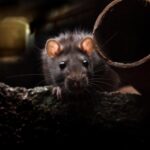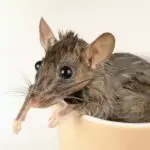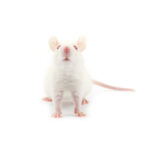How Common Are Rats in UK Gardens?
Rats can cause damage to your garden and may pose a health risk. The animals can carry several diseases, including salmonella and leptospirosis. They may also infest compost heaps and wood. You can identify rat activity by checking for signs of gnaw marks and tracks leading to food sources. If you suspect rats are living in your garden, you can take action to remove them.
To get rid of rats, it is best to make your garden uninviting to them by preventing them from entering the space. To discourage them, use a rat repellent. You can buy these commercially, but they may not be completely effective. The chemicals can be harmful to other wildlife and the environment. If the problem persists, you can contact your local council to get professional help to control the problem.
Rats are usually nocturnal, but they may also appear during the day when food is easier to come by. They will be more active during the cold season. Rats are usually eaten by foxes, owls, and stoats. These pests will damage your garden and can be a nuisance if you don’t take action to control them.
Rats and mice are native to the UK and several species live there. A small population of them can be found in gardens. Although they are rarely harmful to your plants, they may cause a smell in your garden and other nuisances. Common species of mice in the UK include the house mouse, wood mouse, yellow-necked field mouse, and bank mouse.








